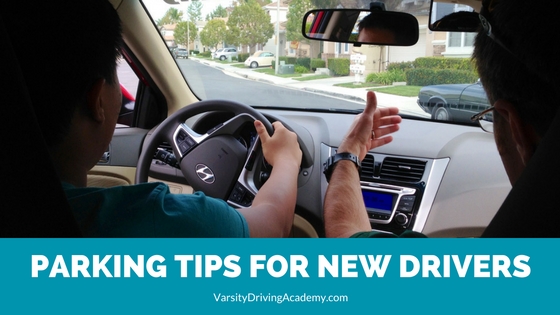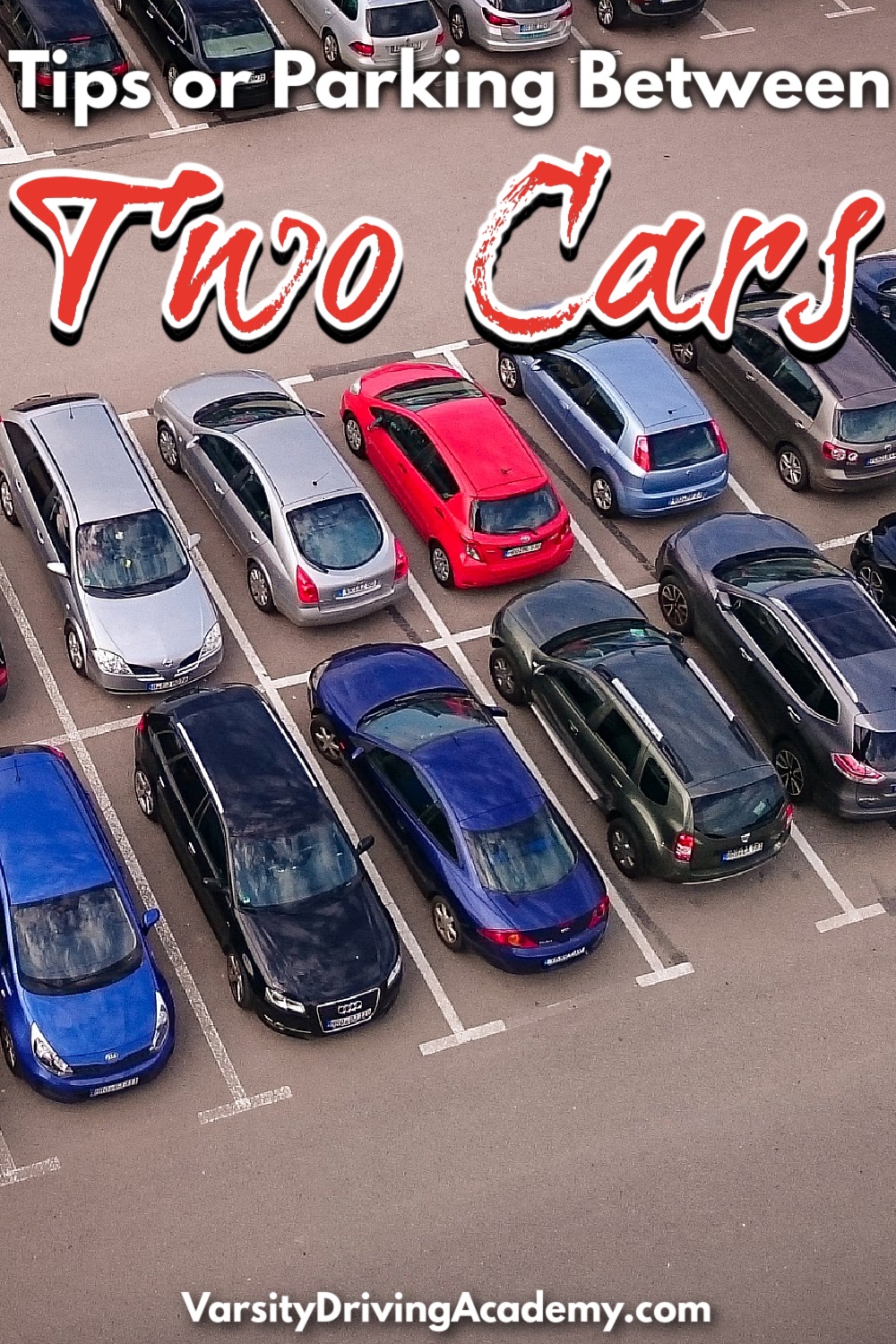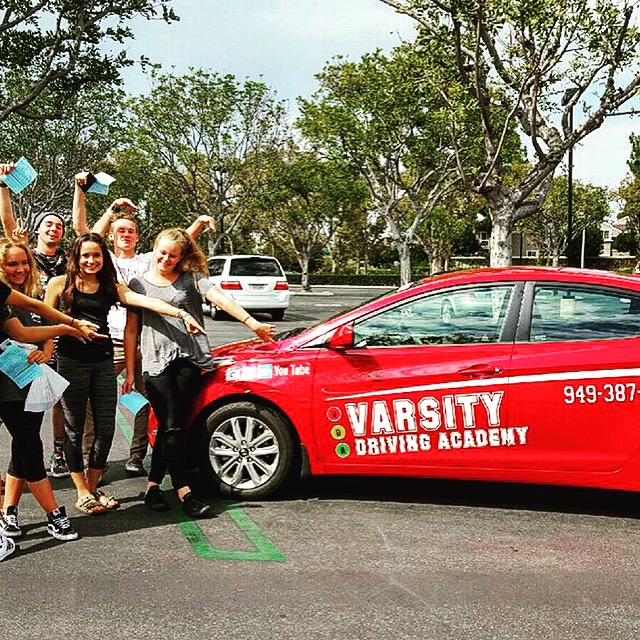Drivers must always be aware of the angle of their car, proximity to the car next to them. Parking between two cars can be even more challenging if a new driver is parking between two vehicles. Having to park between two cars even makes some people skip an open spot for one with more space around it.
Finding the right parking space can be hard sometimes, but even if you found one, actually parking in it can be as well. However, there is the perfect way to park between two cars that make everything easier.
Find The Right Spot
It’s important that drivers not only find a place that’s open but a place that works for their car. If one or both of the other two vehicles are parked at odd angles, it’s best to skip it. Don’t try to force your car into a spot just because it’s open. You will also not want to park an oversized vehicle in a compact spot.
Compact spots are slightly tighter so that they could fit more spaces in the lot. However, tighter spaces means not all cars will fit. Sure, you might be able to park there with ease, but opening and closing the doors could cause damage to your car or the cars on either side.
Shopping Carts
When parking in a parking lot of a retail store, avoid parking near cart returns or scattered shopping carts. Parking near a cart return or scattered carts increases the chance of getting your car damaged. However, that doesn’t mean you can’t park near a cart return. Parking between two cars has about the same level of risk involved.
Time of Day Matters
Parking at night requires a bit more caution when choosing a spot. Try and find a place near a source of light. This will not only be useful for leaving and entering your vehicle but will also prevent theft. Parking between two cars means there will be shadows and dark spots. But parking under a light removes that risk.
Entering Position
Before parking in a spot, slowly move your vehicle to the center of the parking aisle. If the aisle is a one-way aisle, pull all the way to the other side of the aisle opposite the open parking space. You are finally in a position to make a turn wide enough to ensure you don’t hit either of the cars. You will learn how to judge the distance better the more you do it.
Start To Park
Now it is time to turn into the space and not hit a car at the same time. A lot of this process relies on your ability to judge the distance on either side of your car. You may not be able to judge that distance so early on in your driving life, but there are ways to get it done. When the front bumper of your vehicle is halfway past the open parking space, stop your vehicle.
Wide Turn
Moving your car halfway past the spot gives you the distance you need on either side of the vehicle. Parking in between two cars does get easier over time, just be patient. Angle your wheels towards the parking space. Begin to slowly pull into the space at a wide-angle. Keep an eye on both sides of your vehicle to make sure there is enough space on either side.
Keep it Turning
You should always be using both mirrors while driving, defensive driving. However, you can use one car on either side of you as a reference as you move into a parked position. As you slowly move into the parking spot, keep turning your wheel. Until your car is parallel with the other cars on either side. Then straighten out your steering wheel.
Forward
Pull as far forward as you can into the spot. Once comfortable with the location of your vehicle, turn off the ignition and exit your vehicle. The goal is not to protect the front of your car or even line up with the cars to the sides. Instead, you pull as far forward as possible to make sure your rear end isn’t in the way.
People tend to be careless when they think no one is watching. Maybe they will walk into your car, scratching it, or worse, a driver could hit your rear end if it’s too far out. Avoid that by pulling as far forward as possible but also, be sure not to go too far forward. We aren’t trying to park on the parking block or curb, just the spot.




